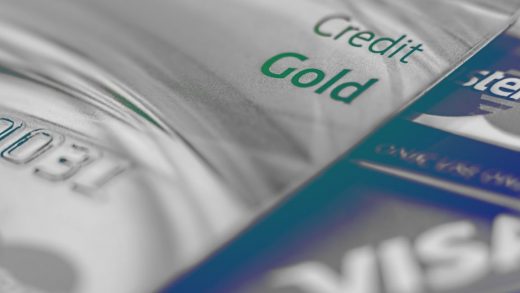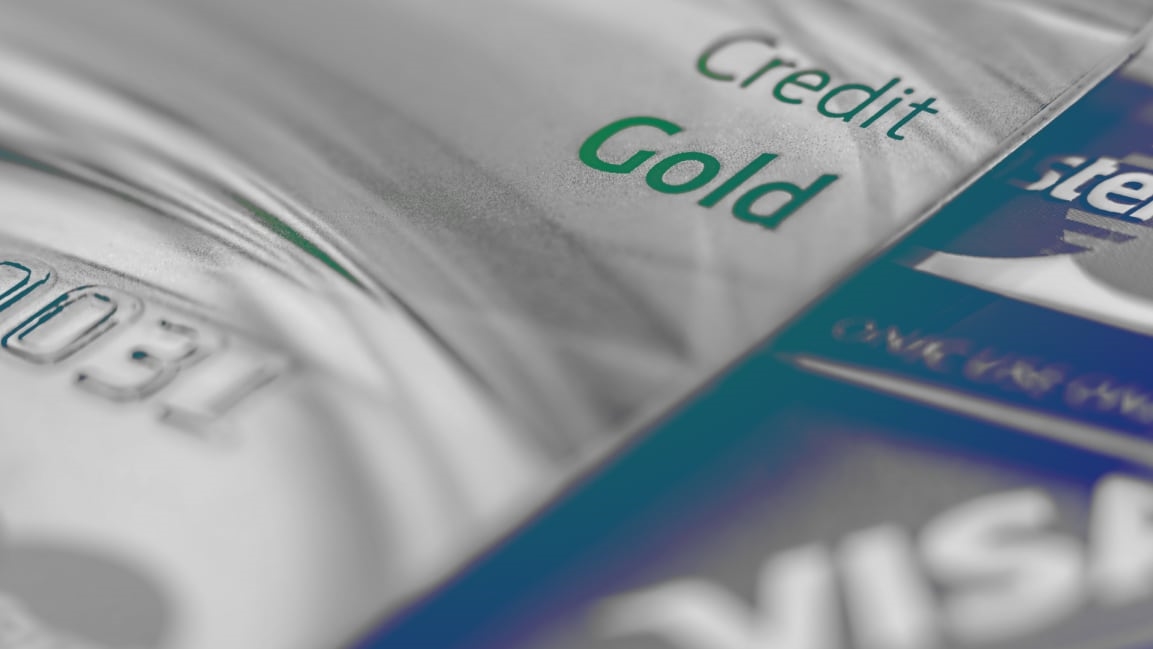How to protect your credit after the Marriott Starwood data breach
Some 500 million Marriott guests woke up to the news that their personal information may have been compromised in what is shaping up to be one of the largest data breaches ever.
While some guests only had their names, mailing, and email addresses accessed, around 327 million guests had more serious breaches, including phone numbers, passport numbers, and dates of birth. Some of those guests may also have had their credit card information compromised. The payment information was encrypted, but passport numbers and other personal information were not–leaving some people vulnerable to possible identity theft. That’s probably a more effective wakeup call than the polite phone call Marriott usually offers its guests.
“This is one of the most significant data breaches in history given the size–about 500 million people are affected–and the sensitivity of the personal information that was stolen,” said CreditCards.com industry analyst Ted Rossman in a statement. “To guard against criminals opening fraudulent accounts, I recommend freezing your credit.”
Freezing your credit doesn’t mean sticking your Amex in the ice bin (although that can be good for your credit in other ways). Rather, it’s an easy way to make sure no one can open up a new account in your name. That helps to prevent stolen data from being used to purchase, say, a wide screen 5K TV at a Walmart in Mississippi when you live a Walmart-free existence in Los Angeles. Because companies may run credit checks on any of the three major credit bureaus, it’s recommended that you freeze your credit with all three.
So how do you do that? Start clicking (or calling). And while you’re on the website, consider reviewing your credit report and statements for potential fraud. The good news is, credit bureaus are now required to freeze and unfreeze your credit for free, thanks to a federal law that went into effect in September.
Here’s are the links for the three main bureaus:
After receiving your freeze request, each credit bureau is supposed to provide you with a unique PIN or password that you need to keep until you decide to lift the freeze. A freeze remains in place until you ask the credit bureau to lift, it either permanently or temporarily, while applying for credit or one of those jobs that likes to check the credit history of job candidates.
(31)



